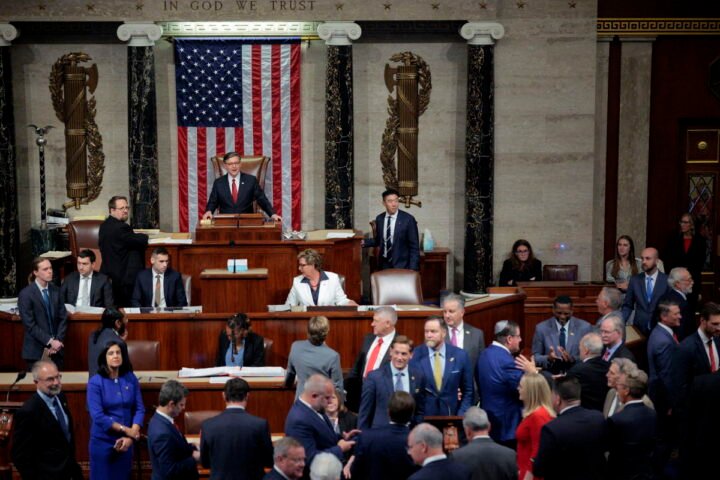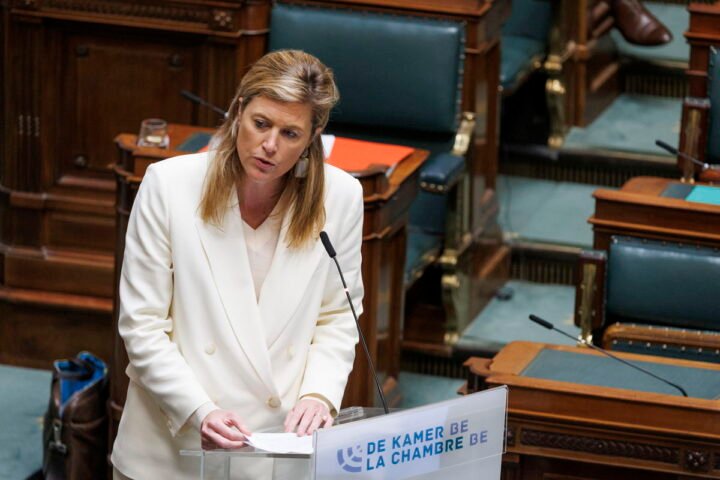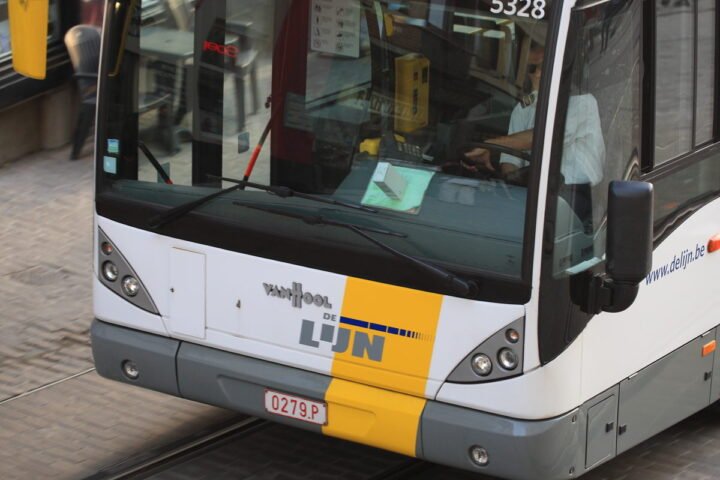German citizens see the state more positively than in the past, considering it responsible for security, education and the economy, according to a survey. Nevertheless, they remain wary of too much interference.
Germans have a more positive view of the role of the state than they did 30 years ago and consider it responsible for many areas of life, according to a new survey.
In the representative Allensbach survey carried out on behalf of the Frankfurter Allgemeine Zeitung (FAZ) broadsheet, 44% of Germans said they thought the state was “likeable” whereas only 18% considered it “unlikeable.” When the survey was first carried out three decades ago, the two views were roughly equal at about 34% each.
Asked which areas of life the state ought to be responsible for, the answer among almost all Germans appears to be: nearly everything. But crime prevention (94%), schools (94%), universities (82%), the economy (80%) and management of inflation (79%) came out at the top of the list.
A majority of Germans were also in favor of more state regulation of immigration (78%), the internet (69%) and food safety (66%).
There were only three areas where a majority of respondents believed the state shouldn’t get involved: balanced media reporting, healthy living and construction of housing.
Germany: little difference between East and West
Interestingly, and unlike in many other socio-political issues in Germany, the survey found little difference between eastern and western Germany, but rather between party affiliation.
While 70% of Green Party supporters and 53% of The Left Party supporters associated the state with largely “positive” things, 69% of far-right Alternative for Germany (AfD) voters associated it with “negative” things.
Even here though, it’s not a case of a traditional left-right political split, with more conservative opposition parties, the CDU/CSU, supporters seeing the state positively (58%) than supporters of the governing Social Democrats (SPD) (43%).
The FAZ puts this down to current politics and dissatisfaction with the current coalition government, made up of the SPD, Greens and business-focused FDP. The paper put the dissatisfaction down to party disagreements over the recent “heating law,” as it is colloquially known, stipulating new domestic heating systems must run on 65% renewable energy as of 2024.
Source: Dw








